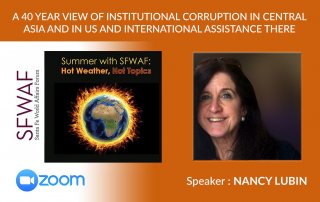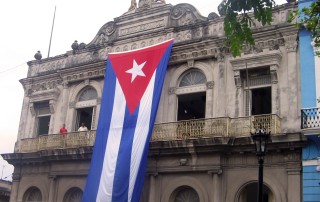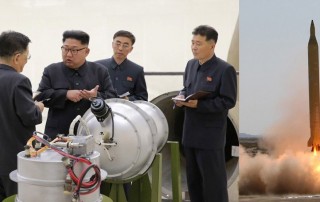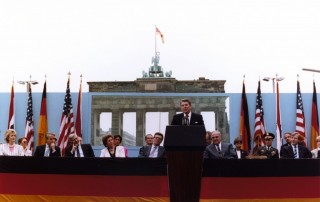A 40 year view of institutional corruption in Central Asia and in US and International Assistance There
August 26, 2020
Nancy Lubin
You are invited to join our August 26 Webinar: “A 40 year view of institutional corruption in Central Asia and in US and International Assistance There” with Nancy Lubin, President, JNA Associates, Inc, a research and consulting firm on the former USSR, especially the Caucasus and Central Asia.
This talk will explore the challenges of US and international aid in addressing corruption — and deep-seated ‘institutional corruption’ – in all sectors in formerly Soviet Central Asia and within the US, European and international assistance communities themselves. Drawing from Lubin’s four decades of research, consulting and personal experience in this region, we will discuss the nature of ‘corruption’ in this part of the world; why some aid programs succeed; and why far too many assistance efforts have only exacerbated the very corruption they are committed to address and undermined their own objectives — not only because of the difficulties of working in this part of the world, but because of institutional factors that pervade the foreign assistance community itself.
This is the seventh in our summer series Summer with SFWAF: Hot Weather, Hot Topics. We have been offering two webinars a month normally held on a Wednesday from 11:00 am to 12:15 pm Mountain Time throughout summer 2020 on a variety of current international affairs topics of concern to SFWAF members and friends.
We are using the Zoom Webinar Format for this and our other programs. If you are interested in this program, please email sfwaforum@outlook.com for additional information.
If you are not a member but interested in membership, please email sfwaforum@outlook.com for additional information.
Because we are a 501(c)(3) organization, dues and contributions are tax deductible.
For pricing and reservations, click here: https://sfwaf.org/payment/



 In her recent book Our Woman in Havana: A Diplomat’s Chronicle of America’s Long Struggle with Castro’s Cuba Vicki Huddleston, one of America’s top Cuba-hands and Chief of the US Interests Section in Havana from 2000-2002 who later served as Ambassador to Madagascar and Mali, discusses her experiences as America’s de facto Ambassador to the island nation during the presidencies of Bill Clinton and George W Bush and assesses the changes she has witnessed over the past 18 years in the island’s history, economics and politics as well as the continuing troubled relationships between Washington and this island only 90 miles off the US coast.
In her recent book Our Woman in Havana: A Diplomat’s Chronicle of America’s Long Struggle with Castro’s Cuba Vicki Huddleston, one of America’s top Cuba-hands and Chief of the US Interests Section in Havana from 2000-2002 who later served as Ambassador to Madagascar and Mali, discusses her experiences as America’s de facto Ambassador to the island nation during the presidencies of Bill Clinton and George W Bush and assesses the changes she has witnessed over the past 18 years in the island’s history, economics and politics as well as the continuing troubled relationships between Washington and this island only 90 miles off the US coast.
 Former Secretary of State Elihu Root called for citizens to take a concerted interest in international relations in his article entitled,” A Requisite for the Success of Popular Diplomacy,” published in the first issue of Foreign Affairs (September 1922). This article prompts reflection on essential questions affecting the U.S. image abroad.
Former Secretary of State Elihu Root called for citizens to take a concerted interest in international relations in his article entitled,” A Requisite for the Success of Popular Diplomacy,” published in the first issue of Foreign Affairs (September 1922). This article prompts reflection on essential questions affecting the U.S. image abroad.

